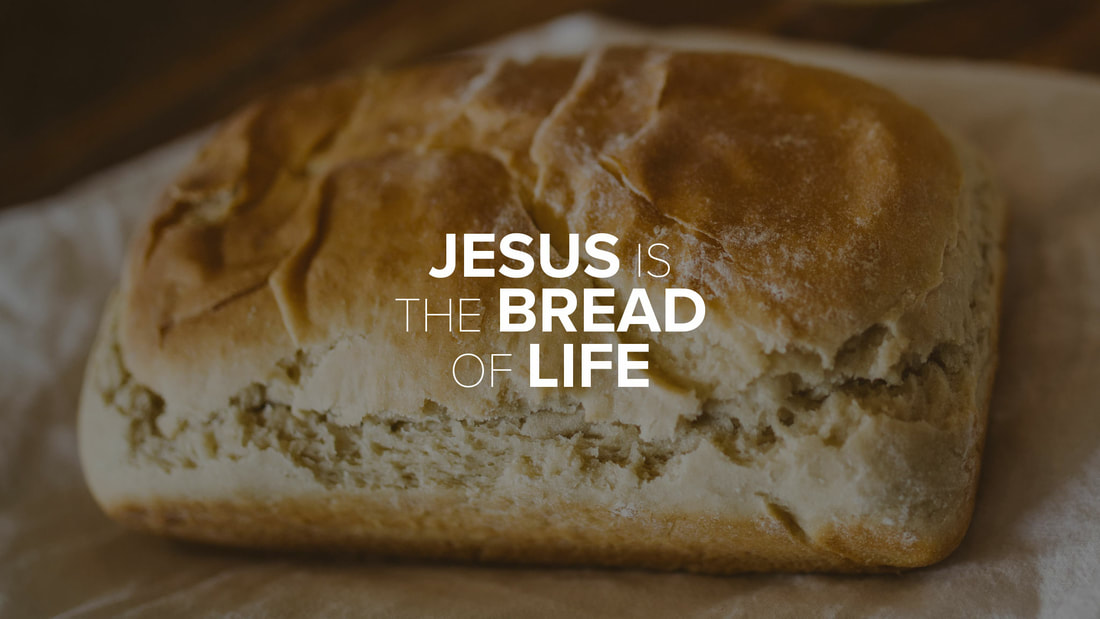Refreshment Sunday
The whole of Holy Scripture testifies to the supremely inherent dignity and lofty status of the Lord Jesus Christ both in his divinity and his humanity. It is sheer delight to the believer to recognize and ponder the inexpressible excellence of the One we adore and trust as Saviour. As earthly Messiah or heavenly Monarch we are captivated by him in his two perfect natures, human and divine, and the splendor of his Person and his salvific achievement on our behalf win the gratitude, reverence, and affection of our deepest hearts.
The highest accolades are paid to our Redeemer in his offices as Prophet, Priest, and King. His appointed vocation is comprehensive and executed to completion. The sufficiency and success of the restorative assignment of the Son of God is entirely assured in the Lord’s great manual of heavenly Promise - the Bible! The range of provisions that Jesus brings us, and variety of privileges he has won for us are beyond both description and calculation. They will endlessly unfold throughout the unceasing aeons of eternity. Jesus’ mercy toward us is infinite in terms of sufficiency and certainty. The intentions and actions of the Lord Jesus cannot fail for he comes to us with the Father’s seal of approval.
Sufficiency: I am the Bread of Life (John 6:35).
Jesus is the eternal and effective satisfaction of the human soul. Human nature is hungry for a sense of inner repletion, fullness, and contentment. Nothing physical, experiential, emotional, aesthetic, or intellectual can meet that constant yearning. The world has no answer to our fundamental human desire. Even our fondest desires meet with disappointment and our dearest pursuits, once gained, cloy; our best attainments either corrode somewhat through honest assessment or analysis, escape our consciousness with loss of memory, and mean nothing to us at the point of demise. All our appetites are fed with the bread that eventually spoils. How often the great ones of the earth recoil at the last from their successes and the empty praises of the people. Without the sustenance and satisfaction that comes from heaven, embodied in Jesus Christ, the world itself becomes a veritable desert and existence a wilderness.
The only truly rewarding work in this life is to believe in the One God has sent (John 6:29). Since our first parents ate the fruit of temptation and fall we have never been able to assuage hunger or quench thirst. Only the Maker of souls can truly nourish souls. Life in its abundance can only be derived from his abundant grace in all its delicious forms.
Certainty: (John 6:37-40).
The certainties of the gospel are myriad. Yet we sometimes live below our privileges (Thomas Chalmers) by doubting them, and many more even dare to dispute them. How well Charles Spurgeon advises us to believe and rest in God’s “wills and shalls”. The Lord Jesus came to secure eternal life for his people (a gift) and in this undertaking he will not, cannot fail. Every believer is picked out by God’s eternal love and entrusted to the Son for safekeeping. “The Father gives them to me,” says Jesus; “they will come to me” (the wooing effectual call). “I shall lose none of all that he has given me”… and then comes the fullest possible commitment on which his reputation hangs, “but raise them up at the last day”. First, Jesus satisfies us. Finally, he will have kept us.
RJS





 RSS Feed
RSS Feed
